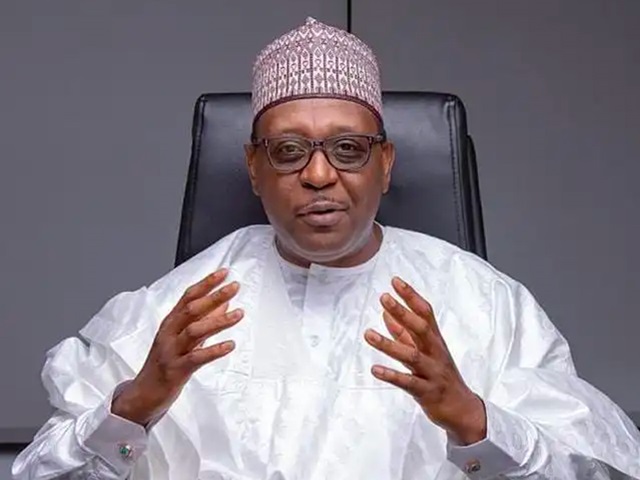The Federal Government has introduced MediPool, a pharmaceutical policy innovation designed to lower drug prices and enhance local manufacturing through strategic bulk purchasing.
The Coordinating Minister of Health and Social Welfare, Prof. Muhammad Pate, announced the initiative in a video shared via his official X (formerly Twitter) handle, @muhammadpate.
MediPool, a Group Purchasing Organisation (GPO), aims to transform Nigeria’s healthcare procurement system by aggregating demand, negotiating competitive prices, ensuring quality, and enabling efficient supply chain management through technology.
“With the approval of MediPool, President Bola Tinubu has once again demonstrated clear, courageous leadership in confronting the longstanding challenges of affordability and access. This initiative brings renewed hope to millions of Nigerians burdened by illness and the high cost of care,” Pate said.
The minister explained that MediPool would consolidate public sector purchasing to negotiate better prices from domestic suppliers and manufacturers, operating under a Public-Private Partnership (PPP) model.
“The programme will initially serve facilities supported by the Basic Healthcare Provision Fund (BHCPF), currently reaching more than 37 million Nigerians. It is expected to expand to federal tertiary hospitals and private healthcare providers in subsequent phases. By leveraging the government’s monopsony power as a bulk buyer, MediPool will shape the domestic pharmaceutical market, reduce prices, and improve access, especially for poor and underserved communities,” he added.
Pate noted that MediPool supports the broader Presidential Initiative to Unlock the Healthcare Value Chain, which seeks to increase Nigeria’s self-reliance in pharmaceutical production.
“The government’s goal is to produce at least 70 per cent of all pharmaceuticals consumed locally and to expand the life sciences manufacturing workforce from 20,000 to 50,000 full-time jobs,” he said.
He explained that MediPool builds on recent policy efforts such as President Tinubu’s June 2024 Executive Order, which waived import tariffs on pharmaceutical raw materials to encourage local production.
Pate said the policy has attracted global investment interest, noting that the European Investment Bank (EIB) identified Nigeria as a promising hub for pharmaceutical manufacturing.
He also stated that the African Export-Import Bank (Afrexim Bank) has committed 1 billion dollars to support local production of drugs, biologics, and medical devices.
The minister highlighted recent key achievements aligned with MediPool’s goals: Codex Bio Limited’s Rapid Diagnostic Test Kit Complex in Ogun State, which is set to produce 147 million test kits annually for diseases including HIV, malaria, and hepatitis.
“Codex is also the first WHO-selected manufacturing partner for test kits in Africa. Jawa Investments Limited’s new beta-lactam antibiotic facility in Lagos will enhance local production of essential drugs such as amoxicillin and clavulanic acid. These developments mark major steps toward achieving medicine security and affordability in Nigeria,” Pate stated.
While boosting local supply is essential, Pate emphasised that generating sufficient demand is equally important for a balanced, sustainable healthcare ecosystem.
“If executed well and effectively regulated, MediPool can anchor a healthy, self-sustaining pharmaceutical market that benefits not just Nigeria but the broader African continent,” he said.
The MediPool platform, rooted in policy, investment, innovation, and partnerships, forms a central part of the government’s broader strategy to ensure access, affordability, and resilience in Nigeria’s healthcare system.
(NAN)


